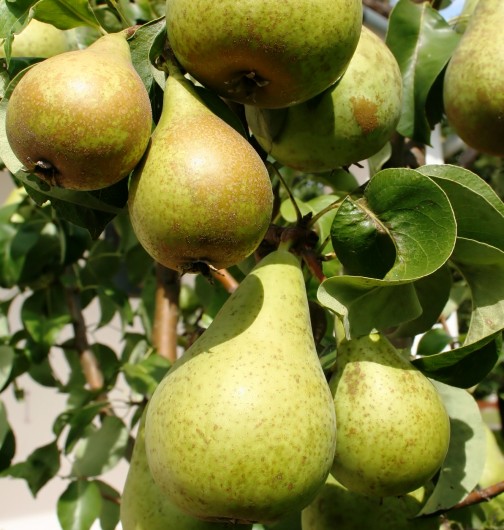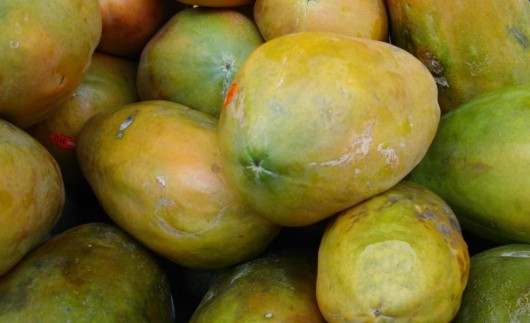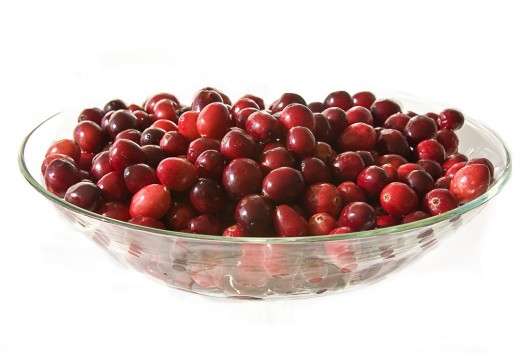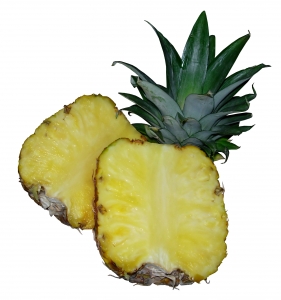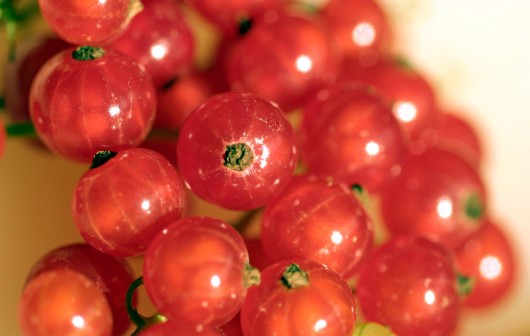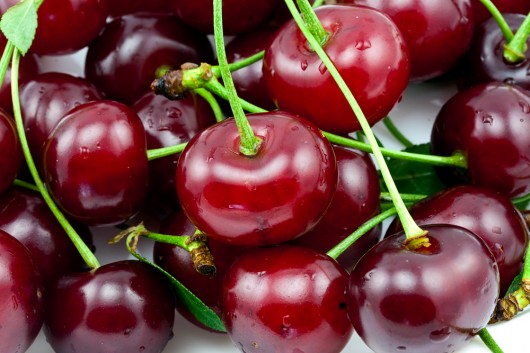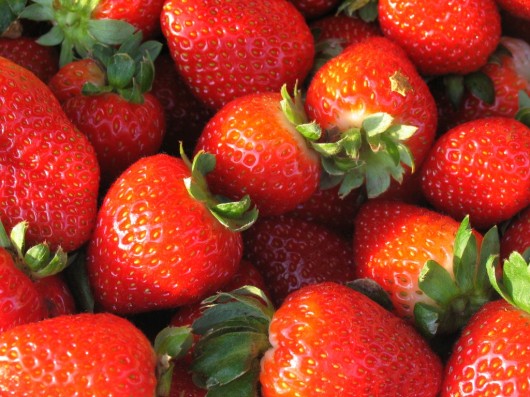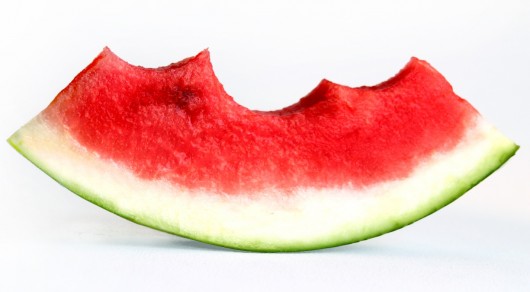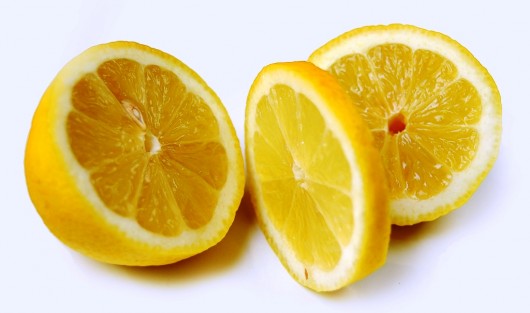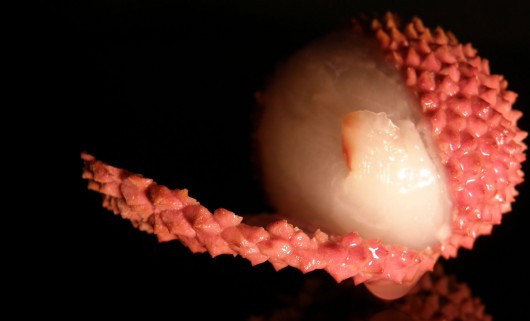Pear Juice Side Effects:Can You Drink Too Much Pear Juice?
Pear juice can be harmful if you drink it in large quantities because it contains both fructose and sorbitol, which can cause digestive side effects that are troublesome and inconvenient. Pear juice side effects include diarrhea, gas, bloating, liver disease and gout.
Diarrhea
Pear juice contains a high amount of sorbitol when compared to most other fruits. Sorbitol has a laxative affect on the body, so much that consuming apple and pear juices is often recommended as a natural laxative. Sorbitol consumption stimulates bowel movements by bringing water into the large intestine.
Gas and Bloating
The amount of fructose is another cause of pear juice side effects. Fructose that is not digested properly often leads to gas and bloating. Fructose is normally absorbed in the small intestine, but if the amount of fructose that has been consumed cannot be absorbed properly it can be carried to the large intestine. Fructose in the large intestine feeds the natural gut flora bacteria that lives in the large intestine and produces excess gas.
Gout
Gout is one of the least recognized pear juice side effects. The fructose in pear juice is metabolized in the liver, which means that the liver has to be free of phosphates so that fructose can be metabolized. The liver converts adenosine tiphosphate into adenosine monophosphate. This phosphate is then converted into inositol monophosphate, which is converted to uric acid. Excess uric acid is the cause of gout.
